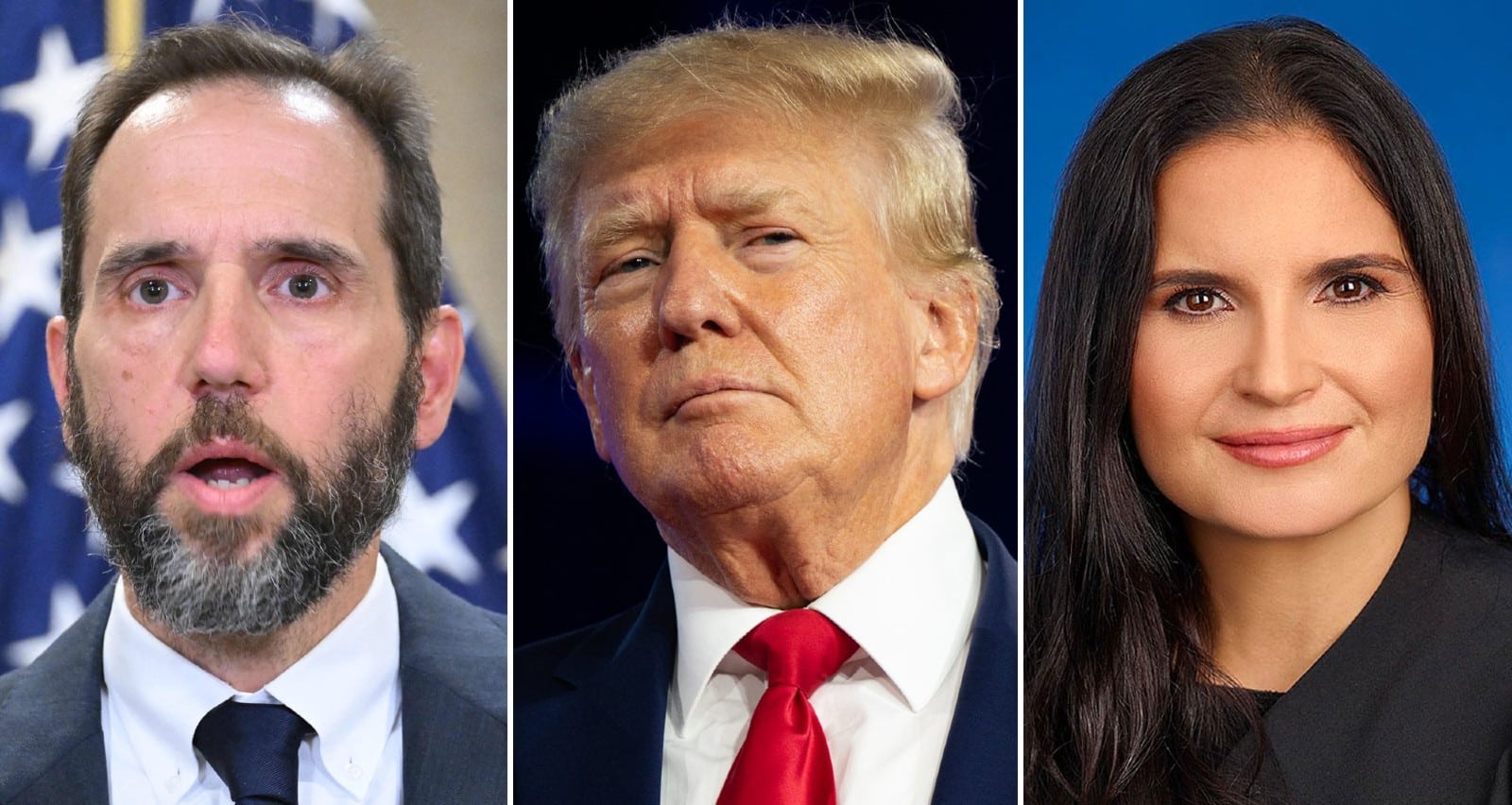OPINION: This article may contain commentary which reflects the author's opinion.
The federal judge in Florida overseeing the prosecution of former President Donald Trump over classified documents has postponed the May 20th trial date indefinitely.
Given that there are still unresolved matters in the case and that Trump is presently on trial in Manhattan for alleged hush money payments made during the 2016 presidential campaign, the decision from U.S. District Judge Aileen Cannon was anticipated. Several of the attorneys defending him in the Florida federal case are also involved in the New York case.
Cannon further questioned federal prosecutors’ capacity to bring Trump to trial before the November presidential election, stating in a five-page order Tuesday that it would be “imprudent” to finalize a new trial date now, ABC News reported.
Trump is charged with numerous felonies for allegedly illegally hoarding classified documents that he took with him when he left the White House in 2021 and then preventing the FBI from retrieving them at his Mar-a-Lago estate in Palm Beach, Florida. Denying any wrongdoing, he has entered a not-guilty plea.
As he tries to regain the White House, Trump is up against four criminal cases; it’s unclear if any of the other three will go to trial before the election, aside from the New York prosecution.
Trump’s lawyers have worked to delay all four criminal cases he faces.
“We’re in this absolutely unprecedented situation where a defendant is potentially going to have the power to shut down his own prosecution,” said George Washington University law professor Randall Eliason, an expert in white-collar criminal cases. “That’s an argument for getting the case to trial before the election.”
Additionally, Jack Smith’s prosecutors were forced to admit in a new court filing “that after boxes of documents were seized from Trump’s Mar-a-Lago estate, the order of the documents changed, which the court did not learn about until now.”
The filing addressed defendant Walt Nauta’s request for additional time to learn the contents and organization of the documents seized. It specifically identified which documents were in which boxes and the correct sequence of the documents within those boxes. Smith’s filing noted that the current order of the boxes doesn’t match scans of them that were made earlier, which is a problem, according to legal experts.
“Since the boxes were seized and stored, appropriate personnel have had access to the boxes for several reasons, including to comply with orders issued by this Court in the civil proceedings noted above, for investigative purposes, and to facilitate the defendants’ review of the boxes,” the Justice Department prosecutors wrote.
“There are some boxes where the order of items within that box is not the same as in the associated scans,” the document said.
Smith’s prosecutors then admitted they had misled the court.
“The government acknowledges that this is inconsistent with what government counsel previously understood and represented to the Court,” the document said.
“There are several possible explanations, including the above-described instances in which the boxes were accessed, as well as the size and shape of certain items in the boxes possibly leading to the movement of items,” the filing said.
“For example, the boxes contain items smaller than standard paper, such as index cards, books, and stationery, which shift easily when the boxes are carried, especially because many of the boxes are not full,” prosecutors wrote.
However, the details are a vital part of the prosecution’s case against Trump, the first former president or high-ranking elected official to be charged with possessing classified documents. Part of Trump’s defense is expected to be that documents were packed in chronological order, with no regard for classification marking, the Western Journal noted, citing legal experts.
“Legal experts told Just the News the revelation could prove to be a serious problem for prosecutors and a violation of court rules to preserve evidence in the state it was seized,” Just the News noted further.
Just the News added: “The organization of the documents in storage boxes at Mar-a-Lago is likely to be an important part of Trump‘s defense. His team is expected to argue that the documents were stored in the White House in chronological order on the days that Trump received them and that staff simply boxed them up and sent them to his home without him accessing them or knowing they contained classified information. Smith’s team tried to downplay the problem and argued it’s not a reason for a delay in Trump’s case.”
